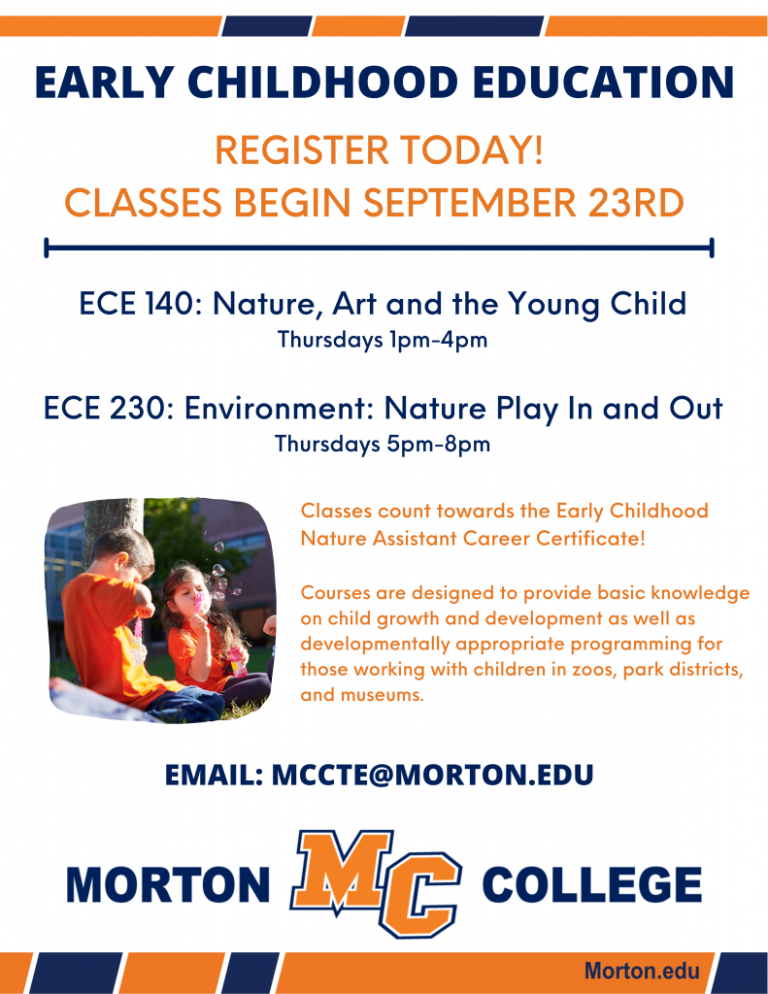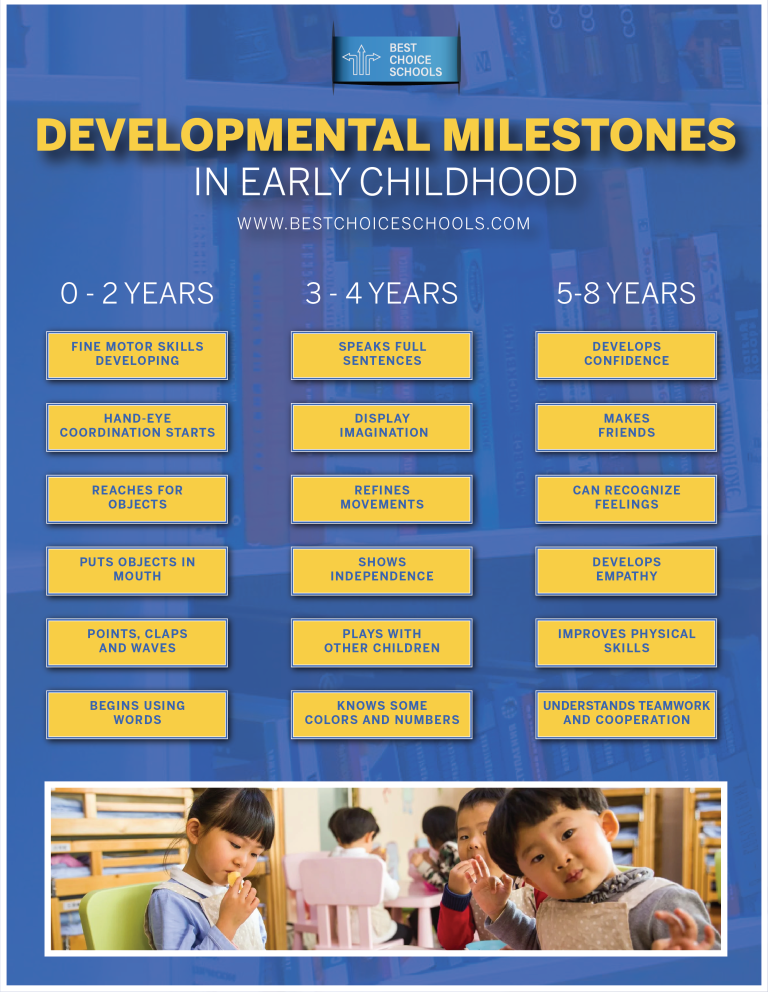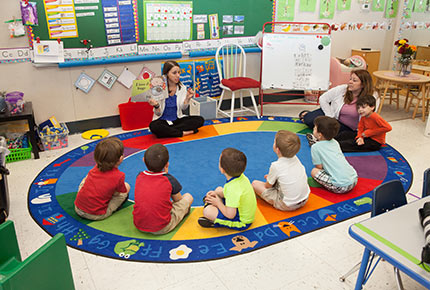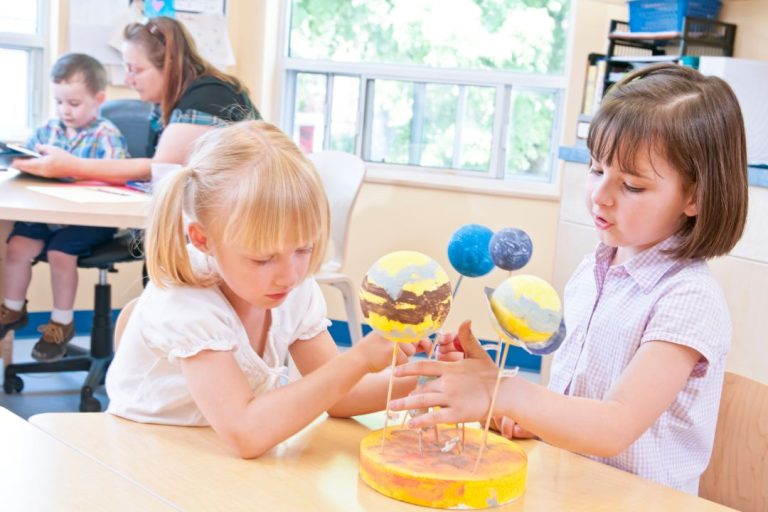What are the Benefits of Early Childhood Education: Unlocking Lifelong Success

Early childhood education benefits children by fostering cognitive development and social skills crucial for future success. Investing in early childhood education can lead to improved academic performance, enhanced communication abilities, and greater emotional intelligence.
Moreover, it can positively impact a child’s overall well-being and set a strong foundation for lifelong learning. By providing a nurturing and stimulating environment, early childhood education programs promote creativity, critical thinking, and problem-solving skills. Research shows that children who participate in quality early childhood education are more likely to excel academically and exhibit positive behavior in school and beyond.
These benefits highlight the importance of prioritizing early childhood education to ensure children reach their full potential.
Cognitive Development
Early childhood education plays a crucial role in fostering cognitive development in young children. This stage of learning encompasses vital aspects that contribute to a child’s intellectual growth, problem-solving abilities, and overall mental development.
Enhanced Brain Development
Early childhood education has been shown to significantly impact brain development in children. During the early years, the brain undergoes rapid growth and forms crucial connections that lay the foundation for future learning. Stimulating activities and engaging experiences provided in early childhood education help in the development of neural pathways, which are essential for various cognitive functions.
Improved Learning Abilities
Early childhood education fosters improved learning abilities in children. By engaging in activities that promote critical thinking, reasoning, and problem-solving, young learners are better equipped to absorb and retain information. Exposure to language-rich environments and interactive learning materials also contribute to enhanced cognitive skills, setting a strong base for academic success.

Credit: www.youtube.com
Social Development
Social development is a crucial aspect of early childhood education, laying the foundation for children to interact, communicate, and build relationships effectively. It encompasses the development of better social skills and the cultivation of increased self-confidence, which are fundamental for a child’s holistic growth and well-being.
Better Social Skills
Early childhood education fosters the acquisition of better social skills by providing opportunities for children to engage in play, group activities, and collaborative learning. Through these experiences, children learn to communicate, share, and empathize, preparing them for positive interactions with peers and adults alike.
Increased Self-confidence
Another significant benefit of early childhood education is the increased self-confidence it instills in children. By participating in various social settings and receiving positive reinforcement, children develop a sense of self-worth and belief in their abilities, empowering them to express themselves and navigate social situations with assurance.
Emotional Development
Emotional development in early childhood plays a crucial role in shaping a child’s overall well-being and future success. It encompasses the ability to understand and manage emotions, establish positive relationships, and develop resilience. Early childhood education significantly impacts emotional development, offering various benefits that pave the way for a child’s healthy emotional intelligence and self-regulation.
Improved Emotional Intelligence
Early childhood education fosters emotional intelligence by providing a nurturing and supportive environment where children learn to identify, express, and regulate their emotions effectively. Through activities that encourage self-awareness and empathy, such as storytelling, role-playing, and group discussions, children develop a deeper understanding of emotions, which enhances their ability to navigate social interactions and build meaningful relationships.
Better Self-regulation
The early exposure to structured learning and positive reinforcement in early childhood education helps children develop better self-regulation skills. By engaging in activities that promote patience, impulse control, and problem-solving, such as games, art projects, and mindfulness exercises, children learn to manage their emotions and behaviors, leading to improved focus, decision-making, and resilience.

Credit: nojokechildcare.com
Academic Success
Academic success is one of the most significant benefits of early childhood education. It lays a strong foundation for a child’s future learning and development, setting the stage for higher academic achievement and increased likelihood of college attendance.
Higher Academic Achievement
Early childhood education equips children with the necessary cognitive, social, and emotional skills that are vital for academic success. It fosters a love for learning, instills curiosity, and encourages critical thinking. Through early exposure to educational activities, children develop a solid understanding of fundamental concepts, paving the way for enhanced academic performance as they progress through their schooling.
Increased Likelihood Of College Attendance
Studies have shown that children who have participated in quality early childhood education programs are more likely to pursue higher education. The strong educational foundation laid during early childhood sets the stage for future academic success, ultimately increasing the likelihood of college attendance and graduation.
Career Advantages
Early childhood education provides a strong foundation for future success, offering numerous career advantages. It fosters essential skills such as communication, critical thinking, and creativity, preparing individuals for lifelong learning and professional growth. Additionally, it can lead to fulfilling careers in education, childcare, and child development.
Early childhood education (ECE) is a critical foundation that sets children up for success in all aspects of life. While the benefits of ECE are widely known, many individuals are unaware of the impact it can have on their future careers. Investing in a quality ECE program can lead to improved job prospects and higher earnings potential. Let’s dive into these career advantages in more detail.Improved Job Prospects
Individuals with a background in ECE have a wide range of career opportunities available to them. According to the Bureau of Labor Statistics, the job outlook for preschool teachers is expected to grow 2% from 2019 to 2029, which is on par with the average growth rate for all occupations. Additionally, those with a degree in ECE can also pursue careers as child care center directors, kindergarten teachers, and special education teachers.Higher Earnings Potential
ECE professionals can earn a competitive salary, especially those with a higher level of education or experience. According to PayScale, the average salary for an early childhood educator is $31,000 per year. However, those with a bachelor’s degree in ECE can earn upwards of $50,000 per year. Additionally, child care center directors can earn an average salary of $44,000 per year, while special education teachers can earn over $60,000 per year. Investing in ECE not only benefits children but also provides long-term career advantages. Improved job prospects and higher earnings potential are just a few of the benefits that come with a background in early childhood education.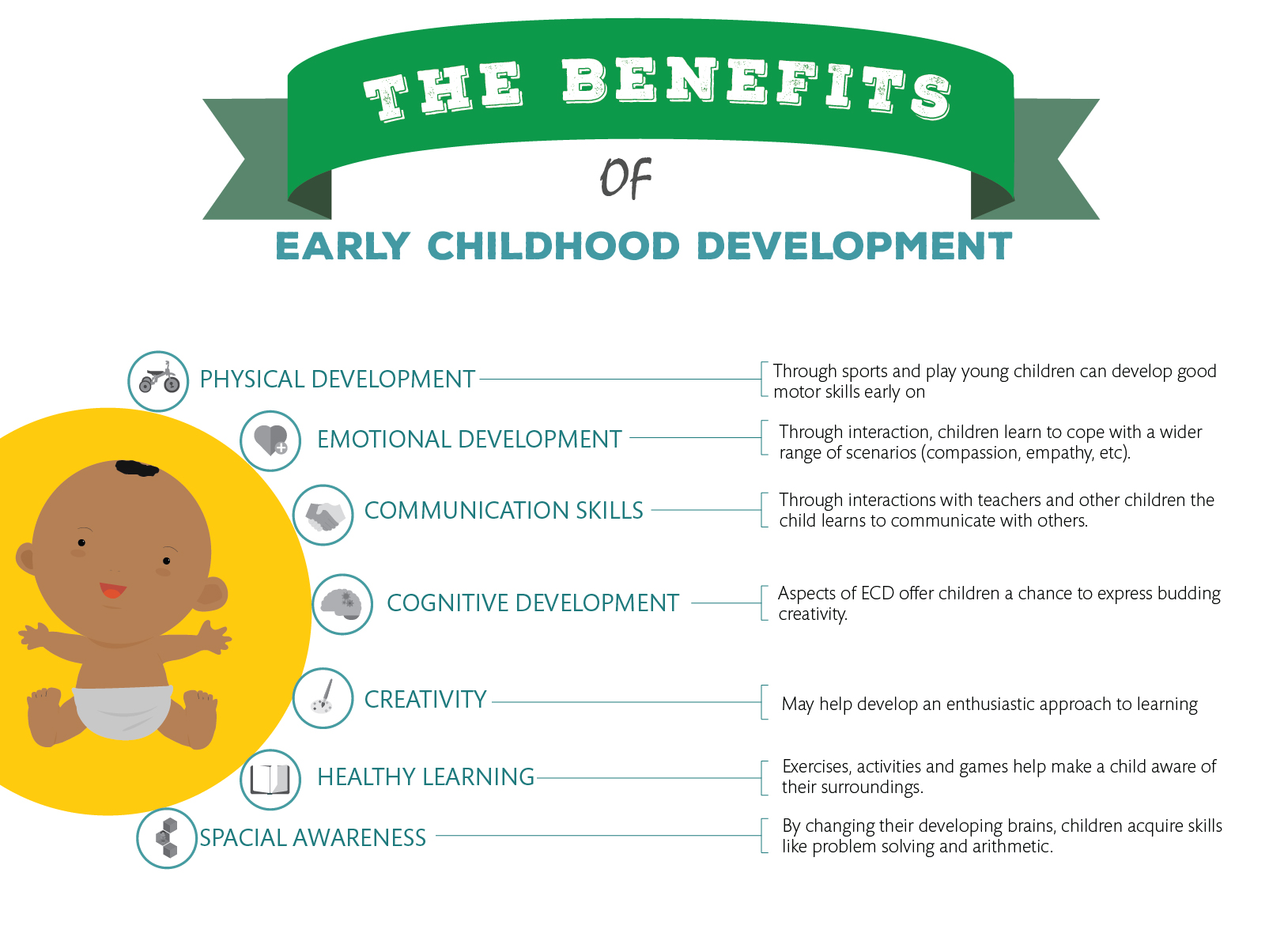
Credit: www.jinga.life
Family Benefits
When it comes to early childhood education, the benefits extend beyond the child to positively impact the entire family unit. Let’s delve into how Family Benefits from early childhood education can foster Positive Parent-Child Relationships and lead to Better Family Communication.
Positive Parent-child Relationships
Early childhood education helps strengthen the bond between parents and their children through engaging activities and shared learning experiences.
- Encourages quality time together
- Promotes empathy and understanding between family members
- Creates a supportive environment for emotional development
Better Family Communication
Effective communication within the family is enhanced by the principles taught in early childhood education, leading to improved dynamics and harmonious relationships.
- Encourages active listening and expressing thoughts
- Teaches conflict resolution skills
- Promotes open dialogue and mutual respect
Frequently Asked Questions
Why Is Early Childhood Education Beneficial?
Early childhood education benefits children by fostering social, emotional, and cognitive development. It lays a strong foundation for lifelong learning and success.
Which Of The Following Is A Benefit Of Early Childhood Education?
Early childhood education benefits include improved social skills, cognitive development, and school readiness. It also enhances emotional regulation and lifelong learning abilities.
What Are The Benefits Of Ece?
ECE benefits include promoting early development, enhancing social skills, and preparing children for academic success.
What Are The Advantages And Disadvantages Of Early Childhood Education?
Advantages of early childhood education include cognitive development, social skills enhancement, and school readiness. Disadvantages may include separation anxiety, overemphasis on academics, and cost concerns.
Conclusion
Early childhood education offers lifelong benefits for children, including improved academic performance and social skills. Investing in quality early education sets a strong foundation for future success. Parents and society play a crucial role in supporting and prioritizing early childhood education for a brighter future.
Lorem Ipsum is simply dummy text of the printing and typesetting industry. Lorem Ipsum has been the industry’s standard dummy text ever since the 1500s, when an unknown printer took a galley of type and scrambled it to make a type specimen book.

